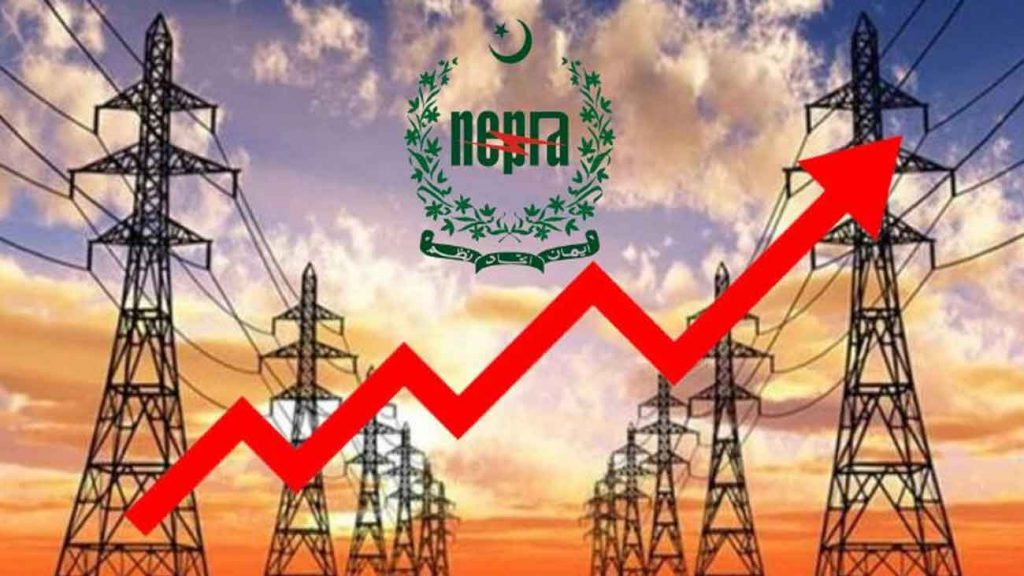Editorial
Pakistan is grappling with a severe air pollution crisis, a situation that has catapulted the country to the second spot in the world for the worst air quality. This alarming reality, which is a ticking time bomb for public health, necessitates immediate and decisive action.
The air pollution crisis in Pakistan has escalated to a point of grave concern, with the Air Quality Life Index estimating that it shaves off an average of 3.9 years from people’s lives. This heart-wrenching reality is further underscored by the fact that air pollution is responsible for a staggering 128,000 deaths annually, as reported by Fair Finance Pakistan, an organization dedicated to climate change impact. These figures, which represent lives lost prematurely, demand immediate and concerted action from the authorities.
The sources of air pollution in Pakistan are varied and complex. Human activities such as burning fossil fuels for transportation, heating, waste incineration, power generation, and other industrial activities are the primary drivers of air pollution. These activities have far-reaching consequences, not just on air pollution but also on wildlife and water areas. For instance, the large amounts of industrial waste that make their way into the water bodies damage the ecosystem and threaten public health. Similarly, crop burning, a common practice in agricultural areas, and the lack of sustainable public transport in urban areas also contribute significantly to air pollution. Therefore, addressing air pollution requires a multi-faceted approach that tackles these various sources.
The ongoing air pollution crisis in Pakistan is severely impacting the country’s economy and human resources. Therefore, the government, as the primary regulatory body, must take immediate and necessary measures to limit air pollution. This includes enforcing rigorous air quality standards, penalizing polluters, and providing incentives for clean energy sources. The government must also play a proactive role in developing more green spaces for urban communities, such as parks and gardens, to act as natural air filters. The government must prioritize climate change, take steps to reduce the use of fossil fuels and promote sustainable sources of energy. Moreover, the government must monitor air quality and implement appropriate measures to protect people during high pollution, such as issuing health advisories and promoting public awareness campaigns.
Pakistan, as a signatory to international human rights law, bears a solemn obligation to safeguard its citizens’ right to health and life. The government, as the custodian of these rights, must not only acknowledge this duty but also act with utmost urgency to address the country’s air pollution crisis. Failure to do so will not only have far-reaching consequences, severely impacting public health, the environment, and the economy, but also be a breach of the government’s legal and moral obligations to its citizens.
Please, subscribe to the YouTube channel of republicpolicy.com

















































